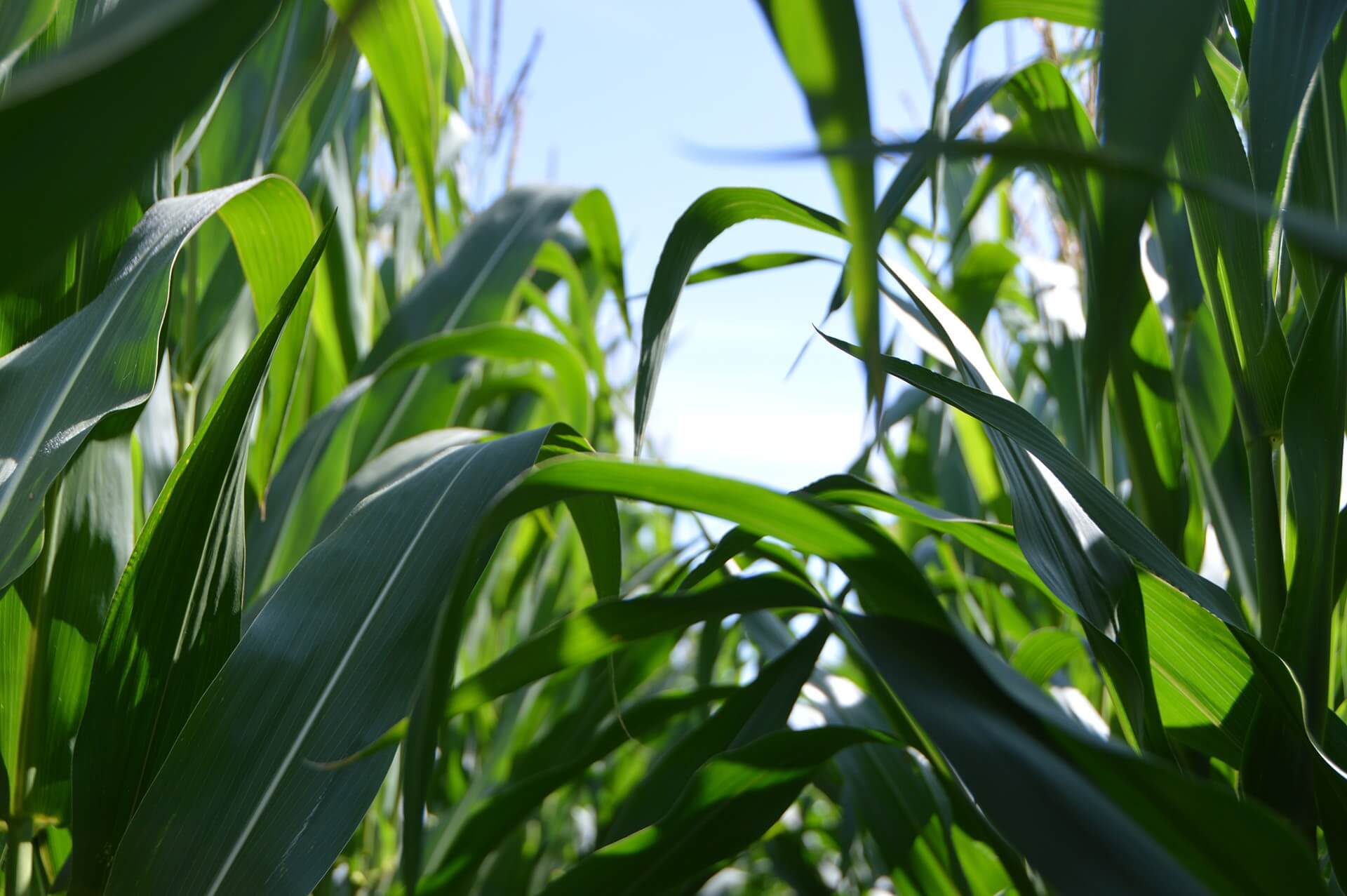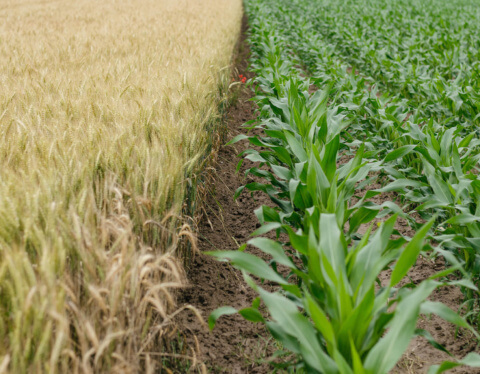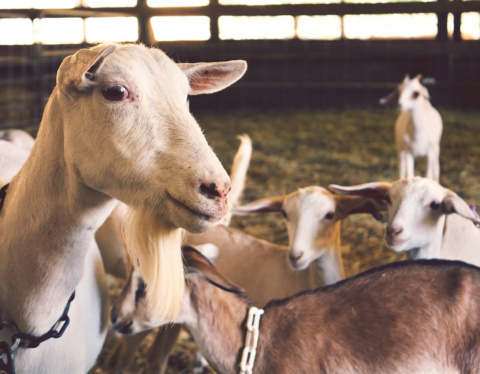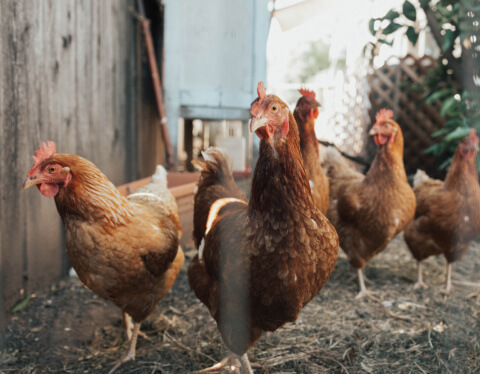
All you need to know about maize farming in Nigeria
Banning maize imports in Nigeria by its Central Bank has for sure been one of the most disputed measures taken in recent years in Africa, prompting reactions as varied as one might imagine, but not as radical as many had initially believed.
As the reasons for this ban have been quite well argued , it is understandable that people have not been as radical as one might have expected in the first place. The revival of localy economy and creation of new job opportunities has surely resonated with many farmers, and the increase in local production can only be regarded as a forte.
Alas, the protection of rural communities is a very difficult job to undertake, but CBN has understood that offering this as a reason for the ban itself will help boost morale and thus make people more receptive to the measures taken. Although there have been very positive reactions to this measure, we must also take into consideration the fact that there have been critics to this as well as supporters.
◦ The main critique is that Nigeria would be unable to provide as much maize as is needed for the country, as it cannot produce the quantities needed. However, there is no reason to actually believe that this theory could hold its ground, as there have been plenty of studies made before CBN issues the new policies.
More than that, CBN has announced that it will support local maize farmers in the country, in order to boost both production of maize locally and the economy in itself. As the projected production in the next 18 months is a staggering 12.5 million tons of maize, it becomes obvious why this announcement has been very well received.
Understandably so, the support of CBN will help the development of maize value chains in Nigeria in 2020. Already having reached a target of 250000 hectares in 2020, maize farmers have only good things to look forward, CBN projected this year.
Maize farming and farm investments seem a very good idea, as CBN will invest in mechanization and new technology, as well as offer financial help.
As it stands ,farm investment will apparently be a perfect opportunity for the future, one that has to be looked into and surely one that must be taken advantage of in short time. Maize farming is, certainly, not only an opportunity for us, but the chance to create something greater and create job opportunities that will boost local markets and local economy.
How is, or should, farm investment be regarded when talking about countries that have a huge potential but a very small margin for failure ? Should we take into consideration the idea that an investment into such a reliable and long-standing domain such as farming is, or will be in the long term, without doubt a good opportunity ?
Should we be, as an investor, more or less weary of investing in farming in an African country ? Is it fair to consider animal farming or plant farming as being a less lucrative or a more lucrative business only because it is placed in a country that is trying to boost its economy by offering farming funds to new investors ? This is a point of view that deserves to be not only put into the spotlight, but analyzed from multiple perspectives and that we should certainly not overlook.





